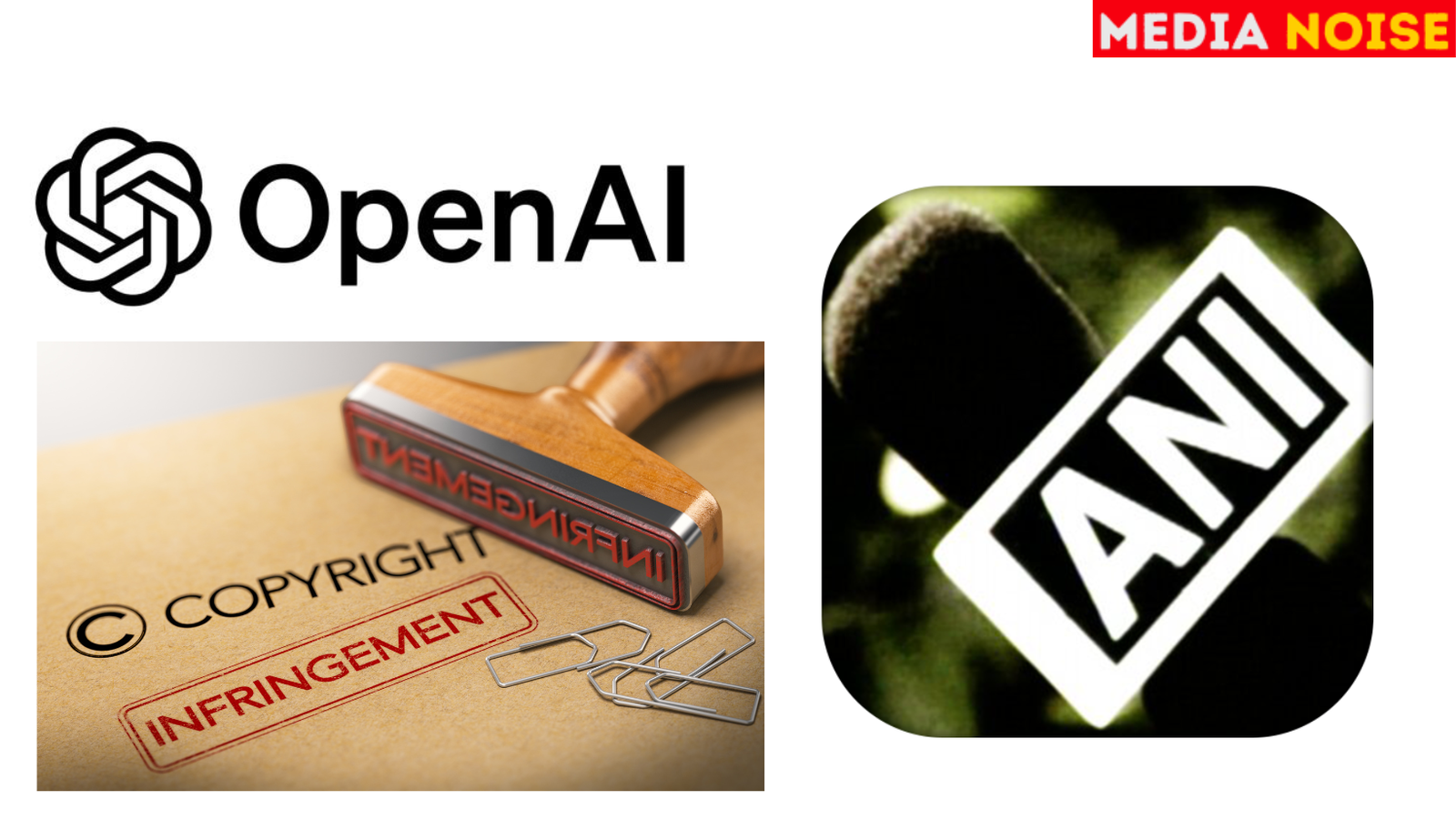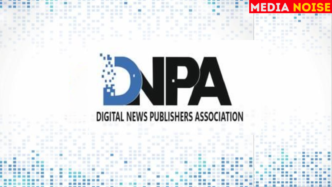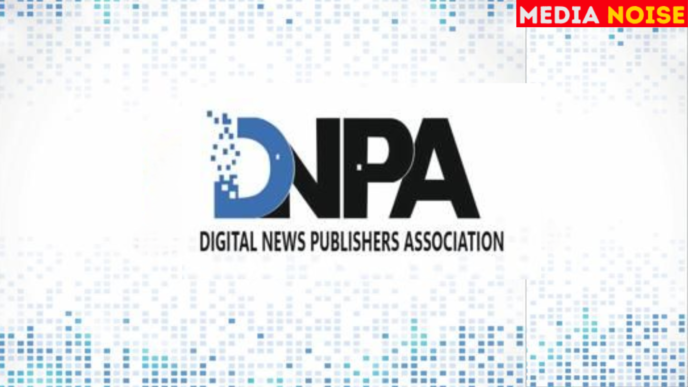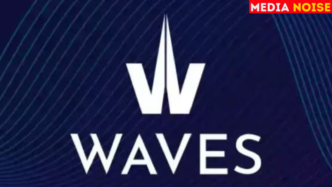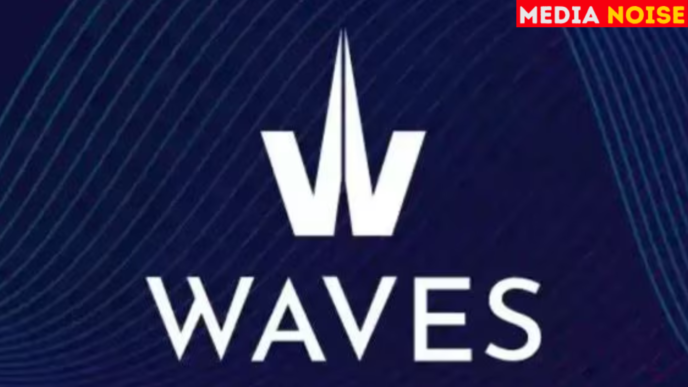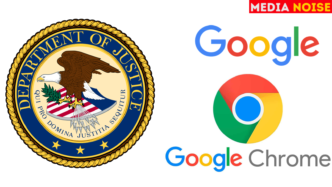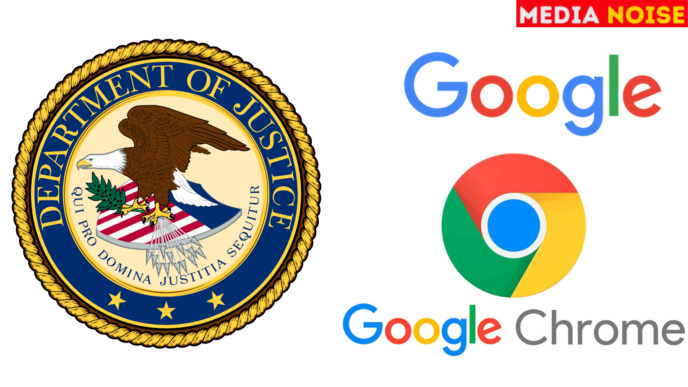New Delhi: In a groundbreaking legal battle, the Delhi High Court has issued a notice to OpenAI, the US-based creator of the popular AI chatbot ChatGPT, over alleged copyright infringement.
The lawsuit, filed by leading Indian news agency Asian News International (ANI), claims OpenAI used ANI’s copyrighted content without permission to train its AI models. This marks the first time an Indian media entity has taken legal action against an AI company, setting the stage for a potentially precedent-setting case
ANI alleges that ChatGPT not only utilized their content for training but also reproduced their news reports verbatim when responding to user queries. Adding another layer of complexity, ANI accuses the chatbot of fabricating news stories and attributing them to the agency, raising serious concerns about misinformation.
This case comes on the heels of Indian Information and Broadcasting Minister Ashwini Vaishnaw’s recent warning about the ethical and economic challenges AI poses to intellectual property rights. Speaking on National Press Day, Vaishnaw stressed the need to protect creators and ensure fair compensation when their work is used for AI training.
ALSO READ: Meta to Appeal CCI’s Rs. 213 Crore Penalty Over WhatsApp Privacy Policy
OpenAI has responded by emphasizing its commitment to respecting content rights and claims to have measures in place to limit the use of copyrighted material. The company also stated it has blocked ANI’s website to prevent further misuse, a move ANI’s legal team argues fails to address the core issue of content usage across other platforms.
Recognizing the complexity and far-reaching implications of the case, the Delhi High Court has appointed an Amicus Curiae (an impartial legal advisor) to assist in the proceedings. The next hearing is scheduled for January 28, 2025.
This lawsuit is not an isolated incident. Globally, media organizations are grappling with the implications of AI using their content. The New York Times has sued both OpenAI and Perplexity, another AI company, for billions in damages over similar copyright concerns. News Corp, the parent company of The Wall Street Journal and the New York Post, has also taken legal action against Perplexity.
In India, the Digital News Publishers Association (DNPA) has voiced concerns about AI tools like ChatGPT and Gemini acting as surrogate news sources, potentially distorting Indian narratives and undermining local perspectives. The DNPA is urging the Indian government to regulate AI platforms to ensure fair revenue sharing with publishers and protect the country’s information ecosystem.
